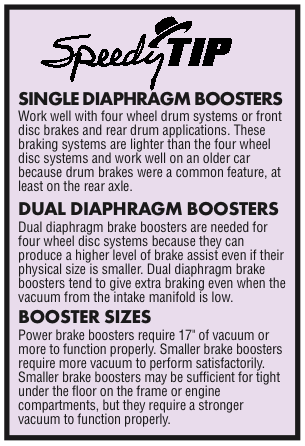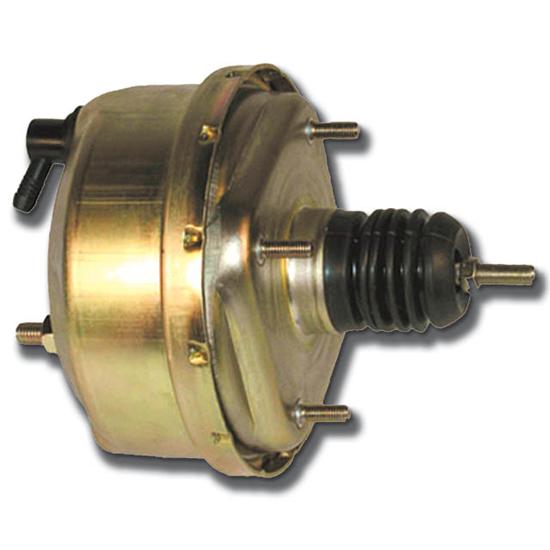- Messages
- 292
- Reaction score
- 76
The car is finally able to be driven! But there's a problem with the brakes. They're hard to press, and I can't lock them up, no matter how hard I press the pedal. Normal braking takes force, but works fine. There's no feeling that the car won't stop.
The booster is a smaller unit (I was told it goes to a 2002, but it doesn't look like a factory one so who knows) and it doesn't feel like there's a ton of boost, but I would think you should still be able to lock up the brakes if you press hard enough. You can on any other car I've tried. The master cylinder and calipers are all OEM spec and all rebuilt by me.
The piping had already been messed with before I worked on the car, but I assumed it was correct, the left two ports go to the left front caliper, and the bottom two off-center ports go to the right front caliper, and the bottom center port goes to the rear (through the pressure reducing valve). I don't recall which caliper piston the front and rear MC ports go to, but it's the same on both sides. I assume it would not matter if this were crossed up...?
I have two theories in mind... 1) The stock booster is HUGE, maybe the brakes are inherently extremely hard and the stock booster delivers much more boost than other cars. 2) Perhaps only one circuit of the master cylinder is working. Does anyone know what that feels like? All bleeder ports will pump fluid out, but maybe one circuit isn't making much pressure due to a mishap rebuilding the master cylinder. Seems unlikely. Would be nice if I had a pressure gauge. Any other ideas?
Here's the setup. Again, it's all stock except for the booster itself and the shortened bracket.
![IMG_1781[1].JPG IMG_1781[1].JPG](https://e9coupe.com/forum/attachments/img_1781-1-jpg.28409/)
And here's the car, now in near-functional condition:
![IMG_2696[1].JPG IMG_2696[1].JPG](https://e9coupe.com/forum/attachments/img_2696-1-jpg.28410/)
The booster is a smaller unit (I was told it goes to a 2002, but it doesn't look like a factory one so who knows) and it doesn't feel like there's a ton of boost, but I would think you should still be able to lock up the brakes if you press hard enough. You can on any other car I've tried. The master cylinder and calipers are all OEM spec and all rebuilt by me.
The piping had already been messed with before I worked on the car, but I assumed it was correct, the left two ports go to the left front caliper, and the bottom two off-center ports go to the right front caliper, and the bottom center port goes to the rear (through the pressure reducing valve). I don't recall which caliper piston the front and rear MC ports go to, but it's the same on both sides. I assume it would not matter if this were crossed up...?
I have two theories in mind... 1) The stock booster is HUGE, maybe the brakes are inherently extremely hard and the stock booster delivers much more boost than other cars. 2) Perhaps only one circuit of the master cylinder is working. Does anyone know what that feels like? All bleeder ports will pump fluid out, but maybe one circuit isn't making much pressure due to a mishap rebuilding the master cylinder. Seems unlikely. Would be nice if I had a pressure gauge. Any other ideas?
Here's the setup. Again, it's all stock except for the booster itself and the shortened bracket.
And here's the car, now in near-functional condition:



